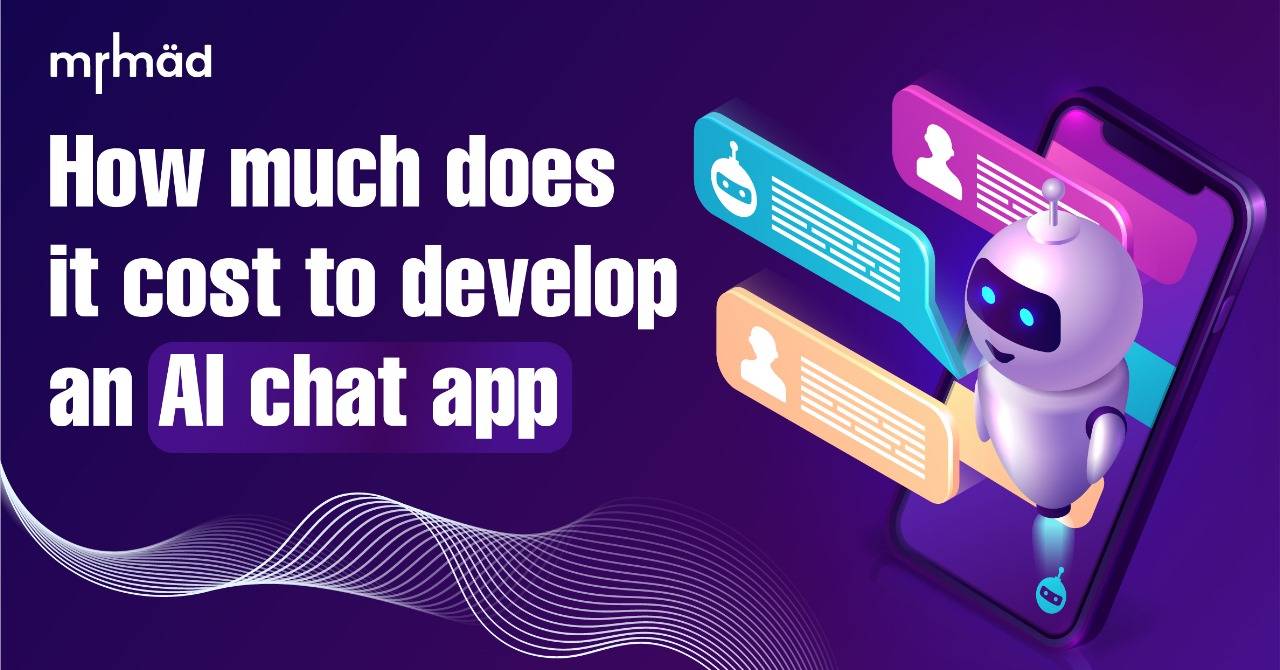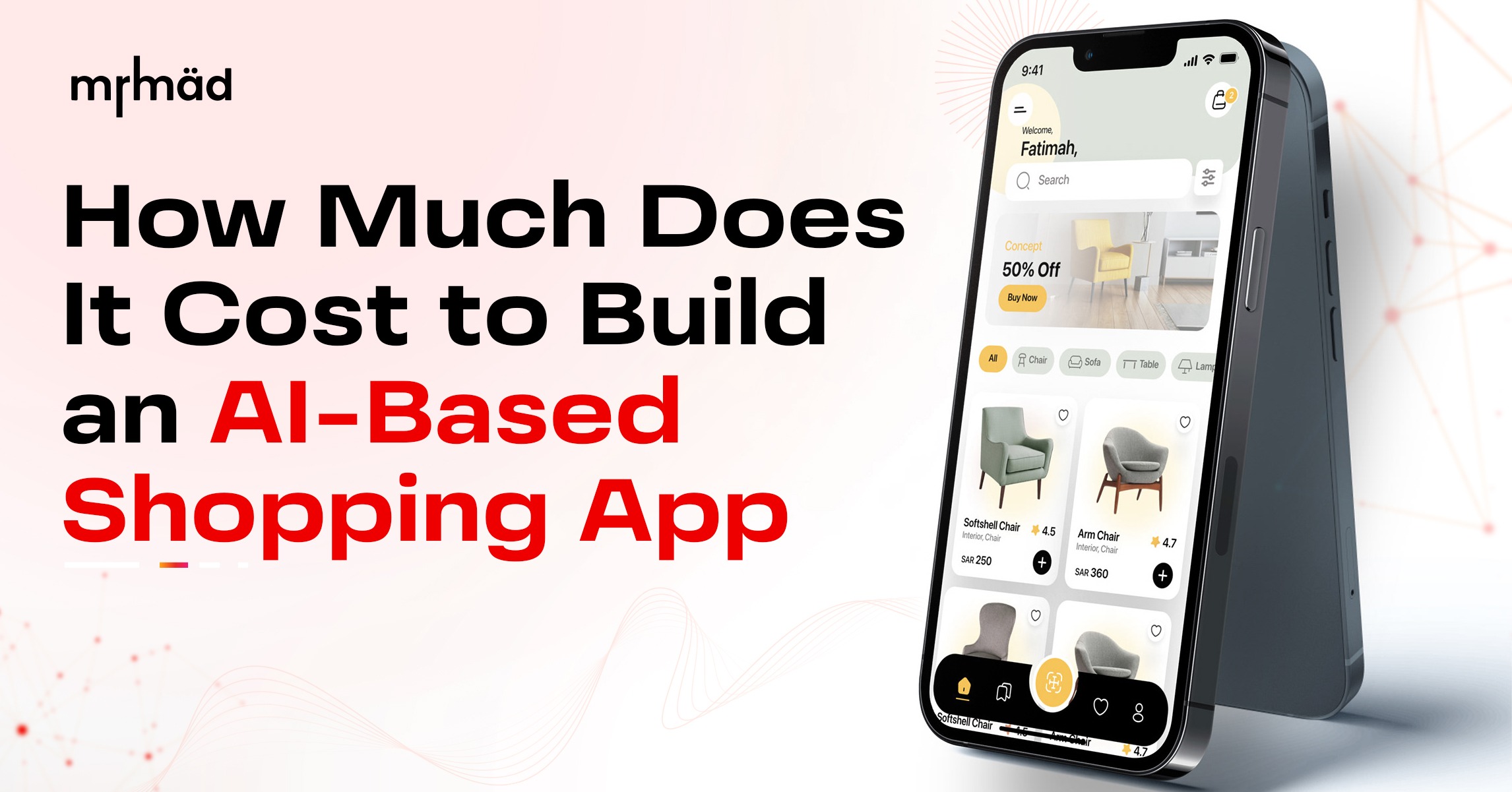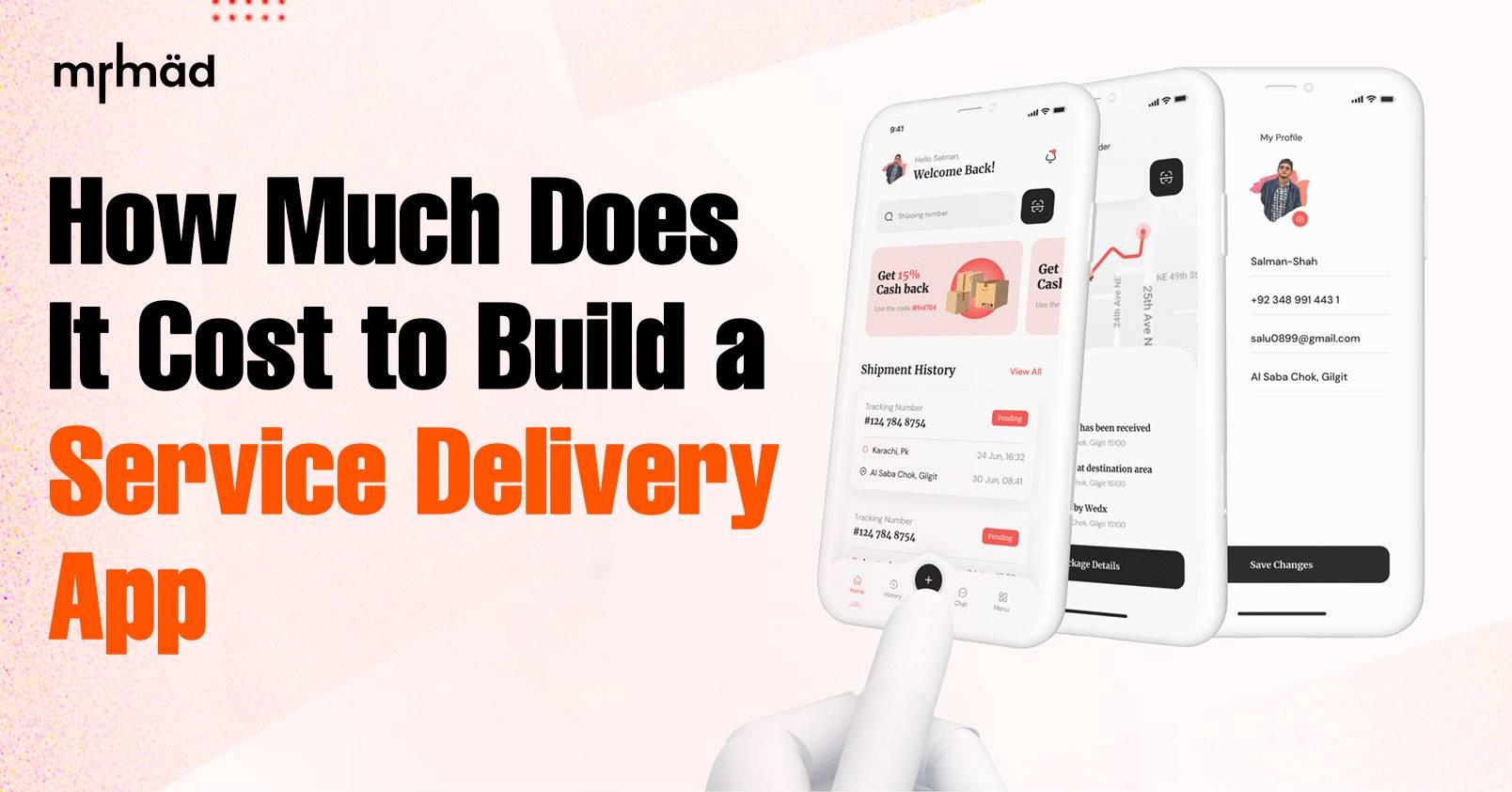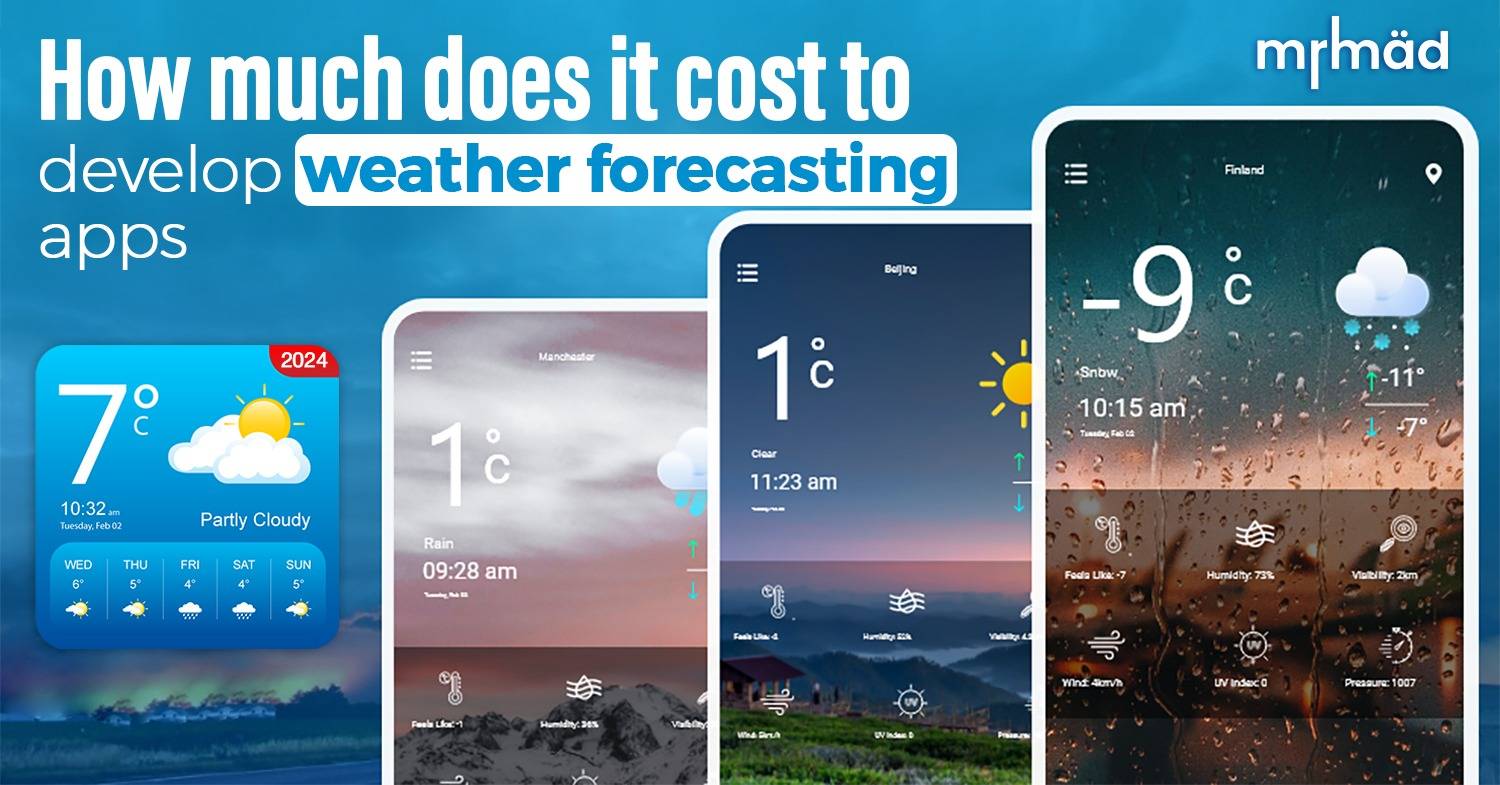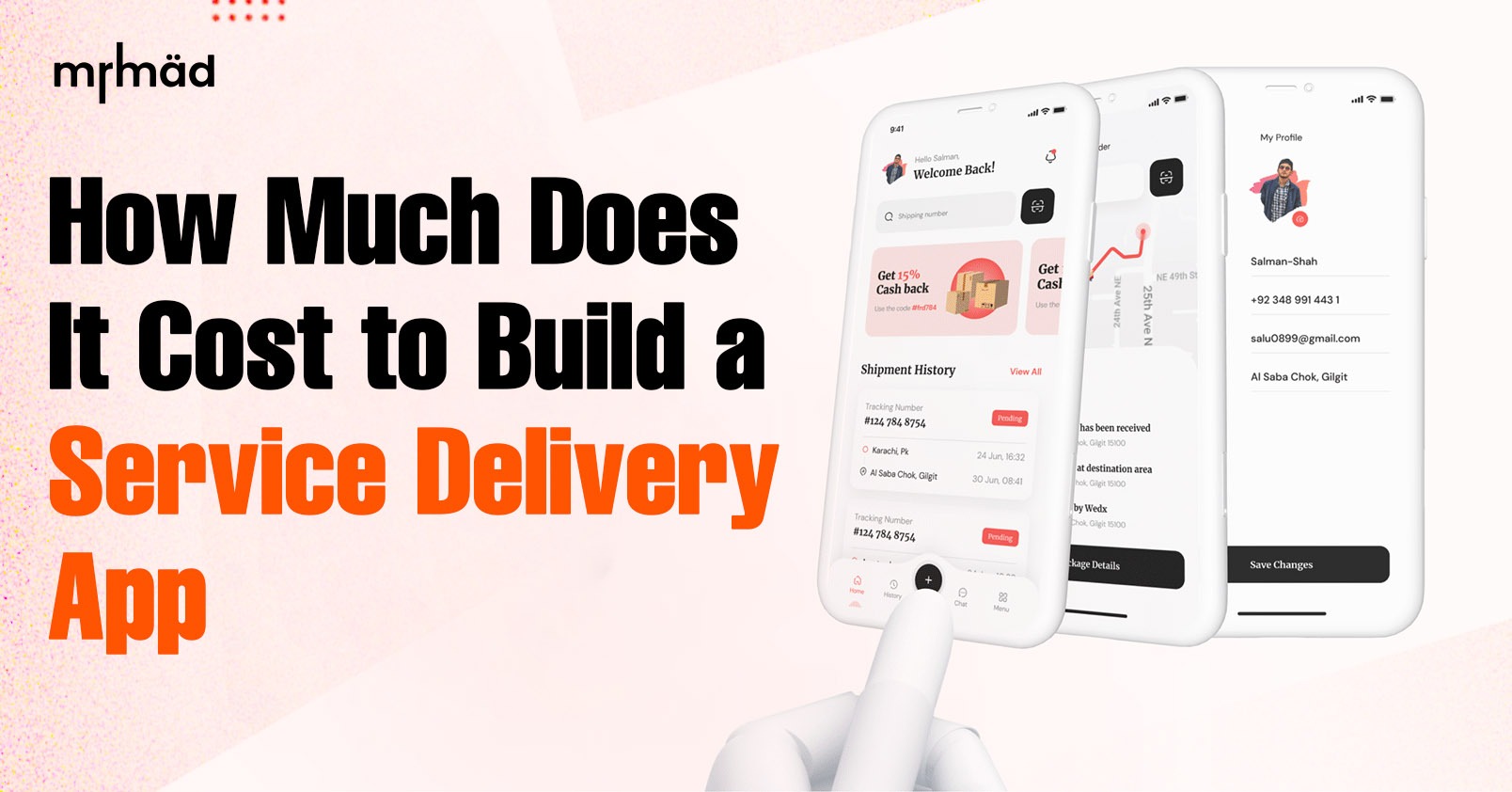Choosing a freelance mobile app developer like MrMad for developing an AI-based shopping app offers several advantages and benefits:
Cost-Effectiveness: Freelance developers often offer competitive rates compared to traditional development agencies, making them a cost-effective option for startups and small businesses with limited budgets.
I offer a flexible pricing model that allows you to negotiate rates based on your project requirements and budget constraints, ensuring maximum value for your investment.
Specialized Expertise: MrMad specializes in mobile app development and has extensive experience in building AI-based solutions.
With a focus on emerging technologies and innovative approaches, MrMad can leverage their expertise to design and develop a cutting-edge AI-powered shopping app that meets your specific needs and requirements.
Flexibility and Agility: Freelance developers like me offer flexibility and agility in project execution, allowing for faster turnaround times and more responsive communication.
I can adapt to changing project requirements, prioritize tasks efficiently, and deliver results promptly, ensuring timely delivery of your AI-based shopping app.
Personalized Attention: Working with a freelance developer like MrMad provides you with personalized attention and dedicated support throughout the development process.
I can collaborate closely with you to understand your vision, address your concerns, and incorporate your feedback, ensuring that the final product aligns with your expectations and goals.
Quality Assurance: I am committed to delivering high-quality solutions that meet industry standards and best practices.
With a focus on quality assurance and testing, I conduct thorough testing procedures to identify and address any issues or bugs, ensuring that your AI-based shopping app performs reliably and meets user expectations.
Long-Term Relationship: By choosing me as your freelance mobile app developer, you can establish a long-term relationship built on trust, transparency, and mutual respect. I aim to become your trusted technology partner, supporting you beyond the initial development phase with ongoing maintenance, updates, and support services as needed.
